"MOEX Code". Hackathon
How to choose the best students to work in an IT company?
We take 300 applicants from the best universities of the capital, add several stages of selection, 1 preliminary technical task and decorate with a “cherry” in the form of the final- “Hackathon”!
In our blog on Habré, we already wrote about the start of a new internship program for students of IT specialties on the Exchange. In February, the project was successfully launched, and we received more than 300 applications from students at the Higher School of Economics, Baumanki, Moscow State University, MIPT and other metropolitan universities. Of these, only 31 applicants ended up in the final and participated in the struggle for the right to become a “stock exchange IT specialist” for a year.
HOW IT WAS
At the preliminary stage of selection, participants were asked to write a discrete auction model (at the same time we supplement the dictionary: “discrete auction” is a mechanism that replaces the suspension of trading and is used in case of significant price movements. Now the discrete auction mode is introduced by the Moscow stock exchange on the stock market if the paper grows or falls by 20% within ten minutes. During an auction, which usually lasts no more than 30 minutes, bids for the conclusion of transactions are collected, after which a single price is determined, for which swarm they pass ).
31 participants became the best in this task. They met in the finals of the competition, which was held in the format of "hackathon" directly in the Exchange office.
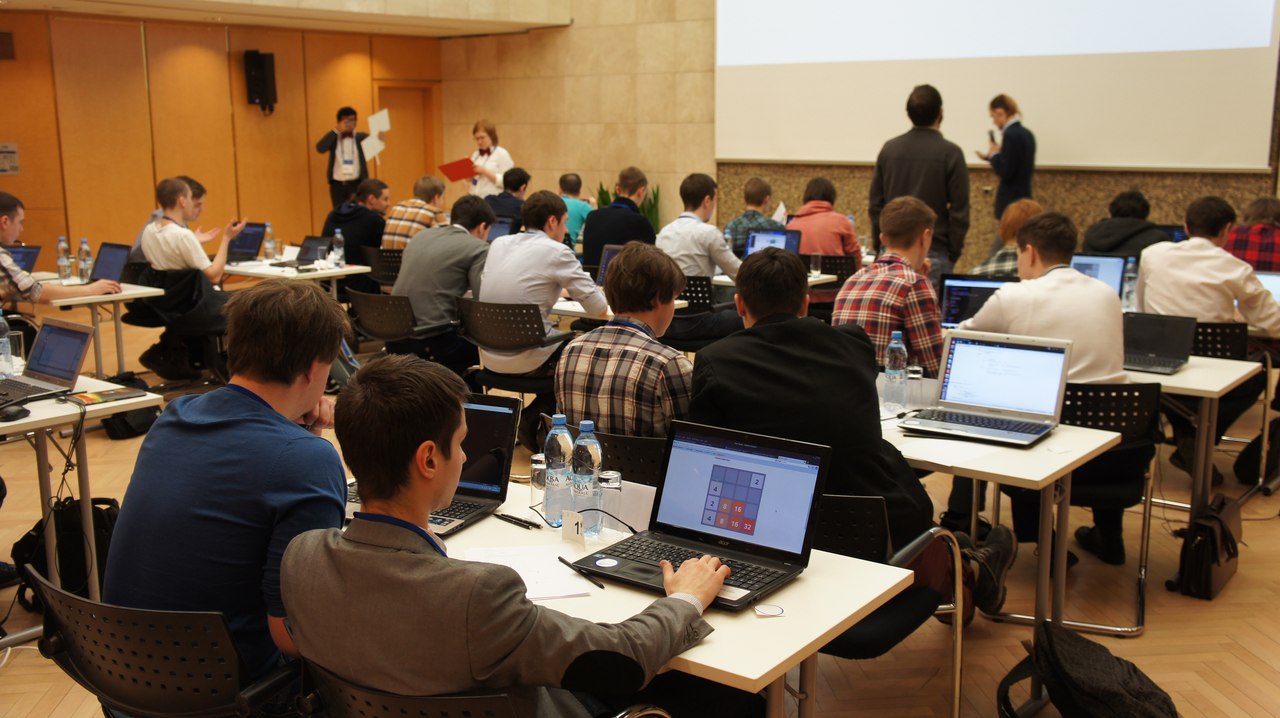
')
And, yes, it did not seem to you - in the photos of the students the famous game “2048”, created by the Italian developer Gabriele Cirulli, is really open!
At Habré there were already a lot of publications on the topic of writing an algorithm for the game “2048”, and it was more interesting to look at the solutions from our potential trainees.
Briefly about the technical part of the hackathon task
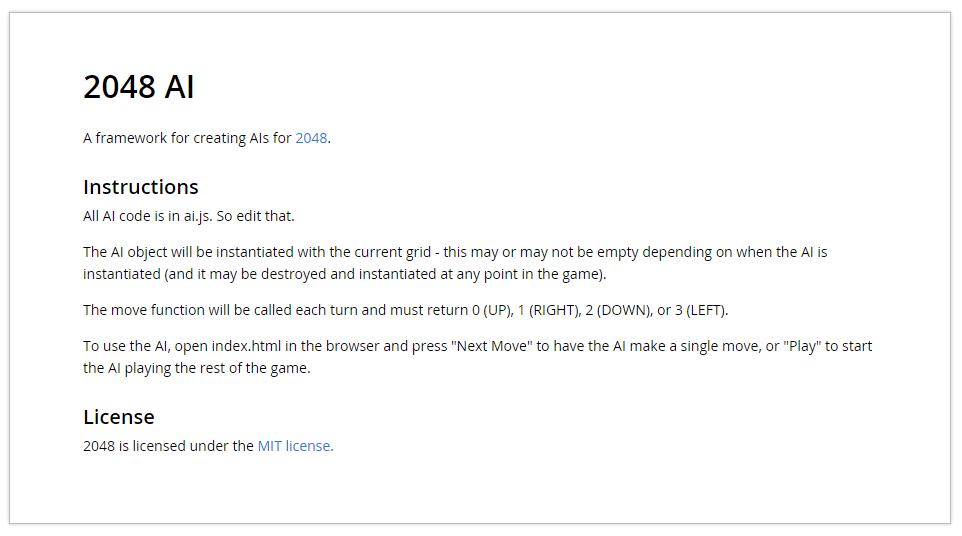
The guys were given more than an hour to complete, many teams coped much faster - 10-15 minutes and it's done! But each team sent all new and new optimized versions of the code to score extra points.
By the way, the teams were formed at random, most of the students met and worked together during the hackathon process, which became an additional challenge.
According to the results of the hackathon, the team of Marat (4th course "Towers") and Alexander (5th course "Baumanki") became the best. In the process of writing code, their bot overcame the mark of 10,000+ points, and then 12,000 points, which went to the overall standings. But in the process of testing and optimizing the code, the guys had a result and more than 13.000. We are attaching a variant of the algorithm that won the hackathon www.dropbox.com/sh/5p1ikuosqetzpu2/AADpPOTYqeck7hlTYZ-Jn0yFa?dl=0 . The participants themselves admit that the result is not perfect and could be much better if there was more time to optimize the algorithm.
The hackathon jury consisted of 100% of our IT department colleagues:
- Head of the group of data dissemination systems;
- Senior programmer of integration services development;
- Head of tool support;
- Head of integration with risk systems.
In addition to their judicial function, colleagues after the announcement of the results willingly communicated with the participants of the hackathon. The guys were actively interested in their work, IT experience, asked questions about the competition and just asked for advice.
RESULTS
In the final 3 teams won, who wrote the most optimal algorithms. Who will be a trainee exchange? This will be decided by an experienced jury - in front of the guys there will be an interview, and very soon the best of the best will join the team of “harsh exchange IT specialists”!
A small photo report from the scene:
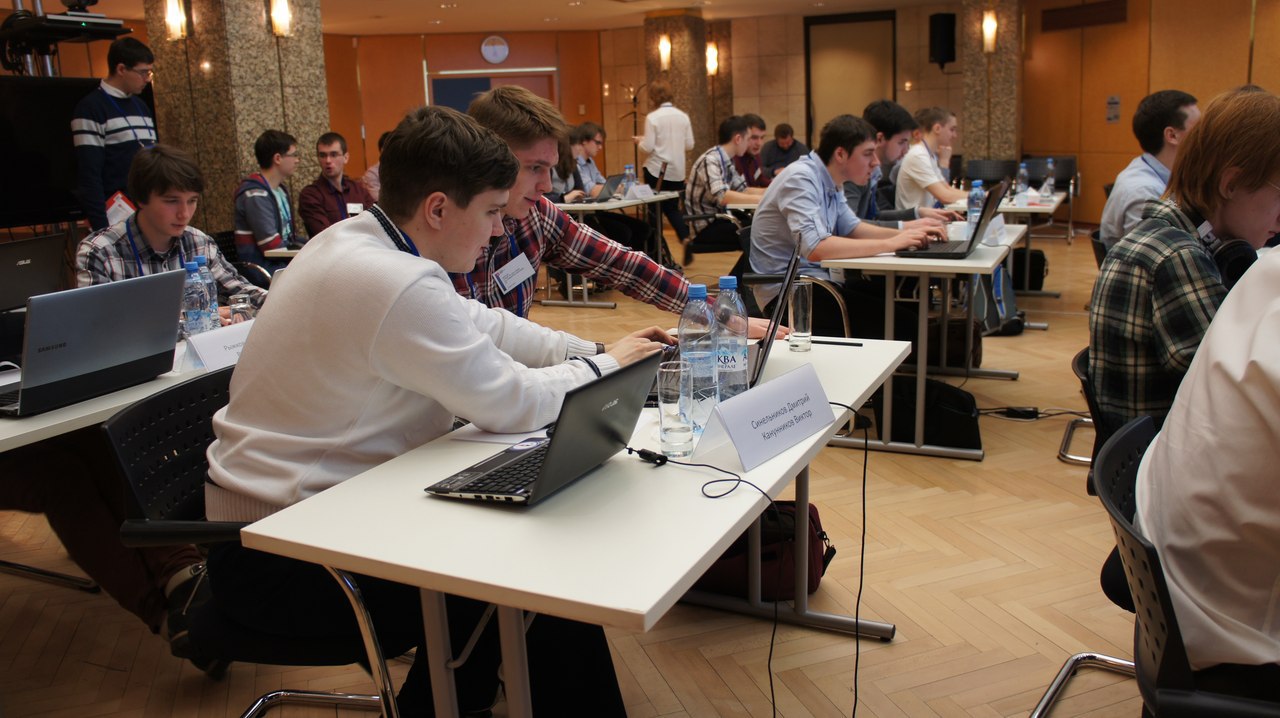


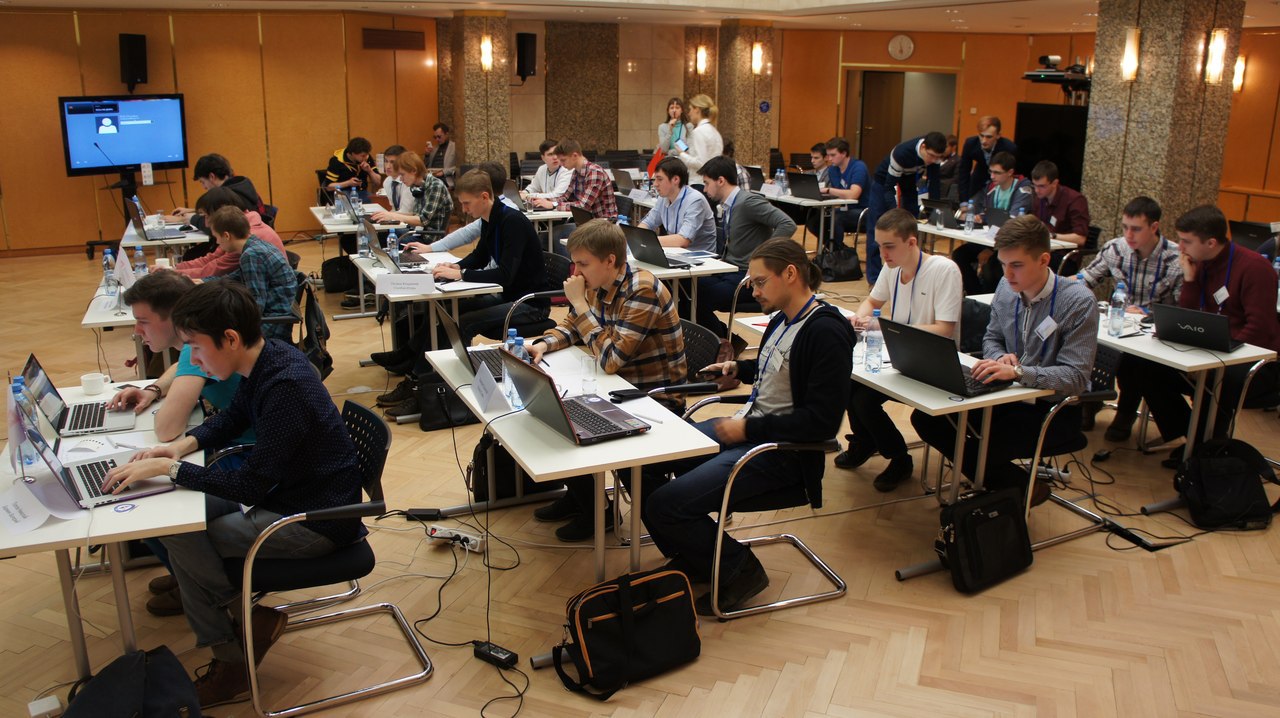

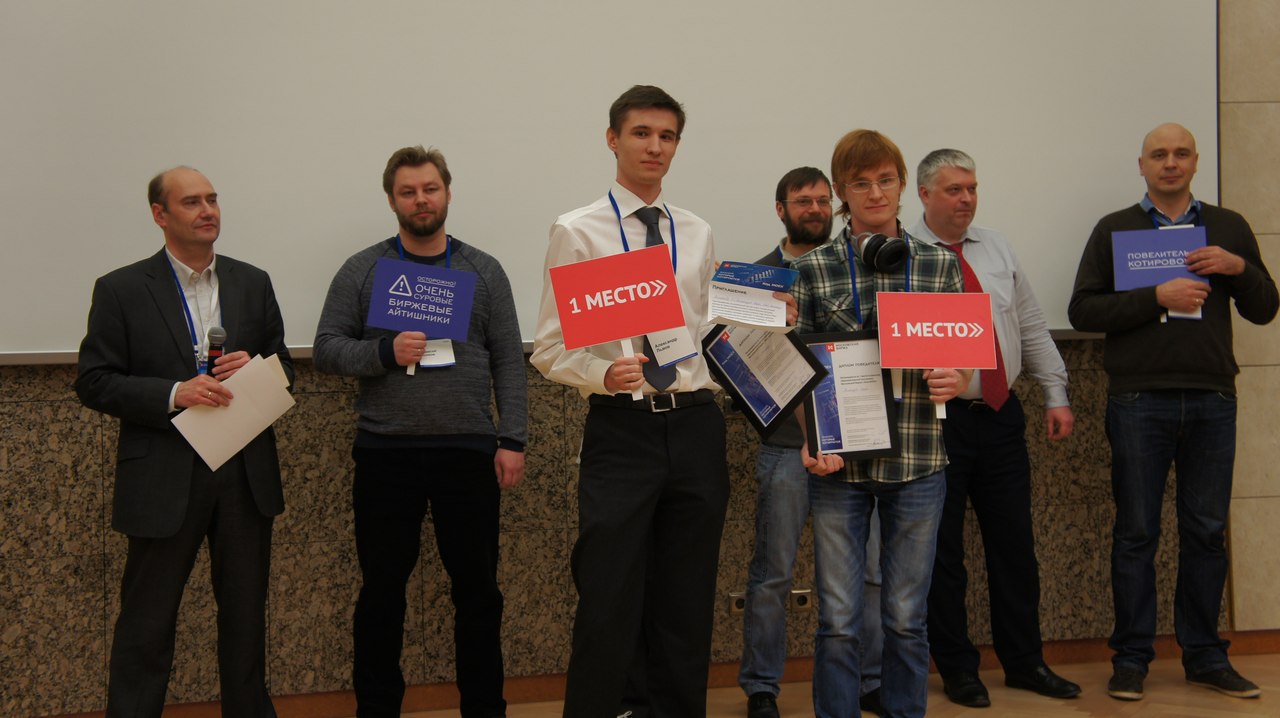
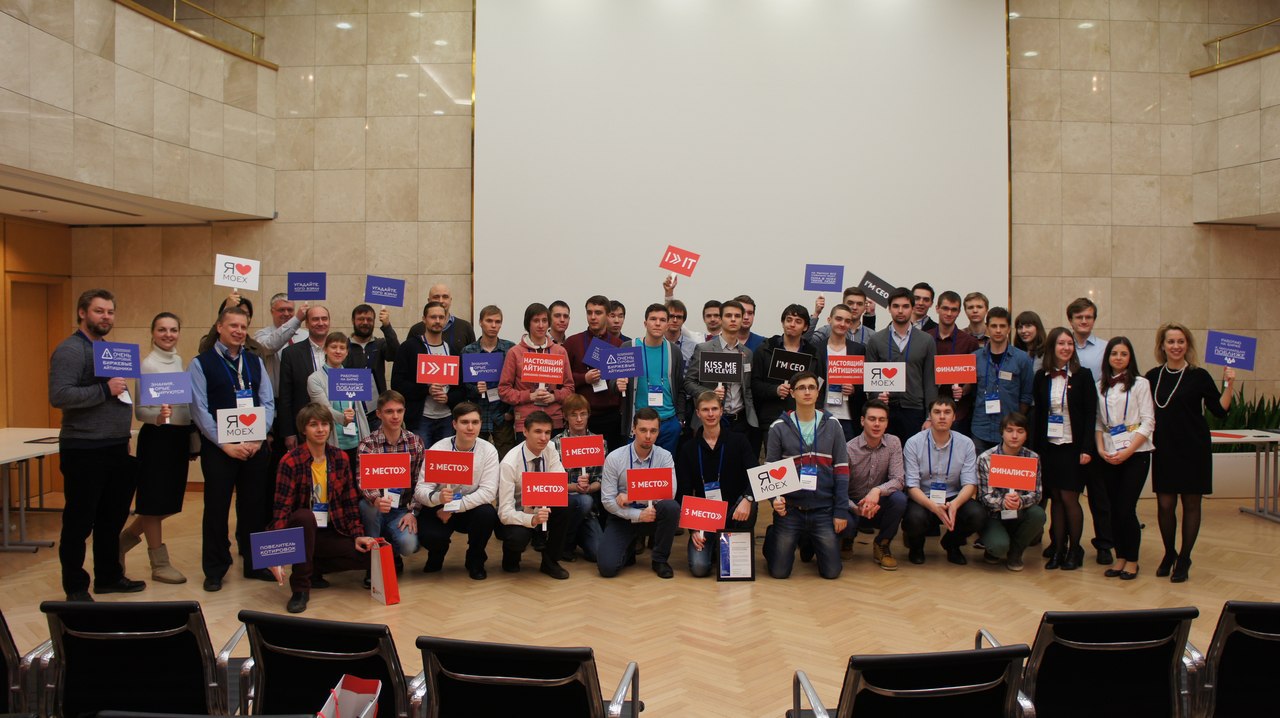
We tried the “hackathon” format for the first time, and, we admit, we are very satisfied. We hope the participants too!
Source: https://habr.com/ru/post/253793/
All Articles